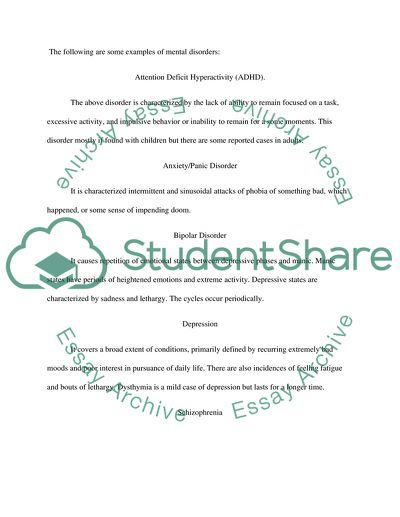Cite this document
(“Students with mental illness and depression Essay”, n.d.)
Retrieved from https://studentshare.org/health-sciences-medicine/1682682-students-with-mental-illness-and-depression
Retrieved from https://studentshare.org/health-sciences-medicine/1682682-students-with-mental-illness-and-depression
(Students With Mental Illness and Depression Essay)
https://studentshare.org/health-sciences-medicine/1682682-students-with-mental-illness-and-depression.
https://studentshare.org/health-sciences-medicine/1682682-students-with-mental-illness-and-depression.
“Students With Mental Illness and Depression Essay”, n.d. https://studentshare.org/health-sciences-medicine/1682682-students-with-mental-illness-and-depression.


